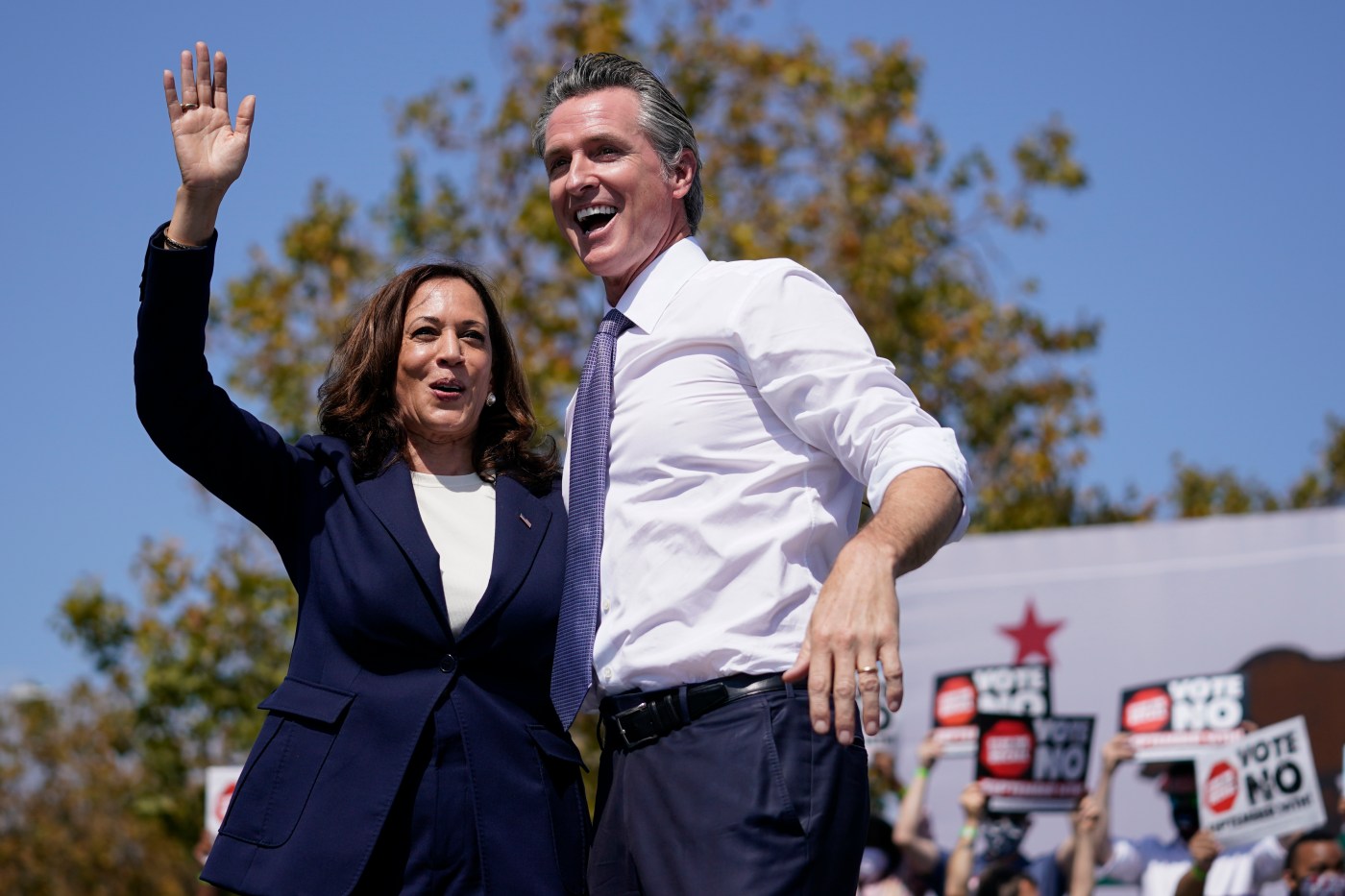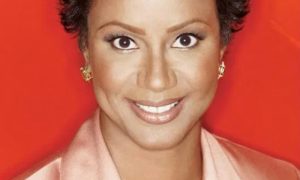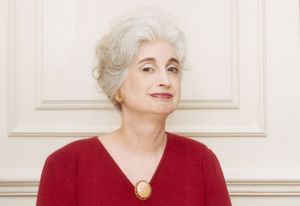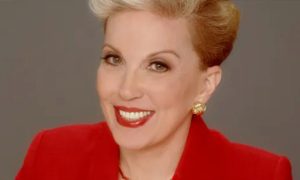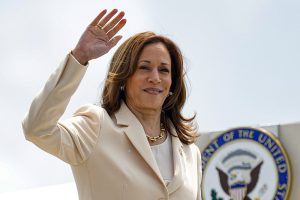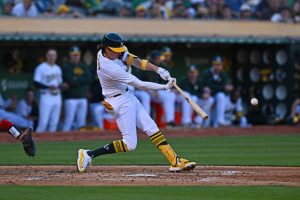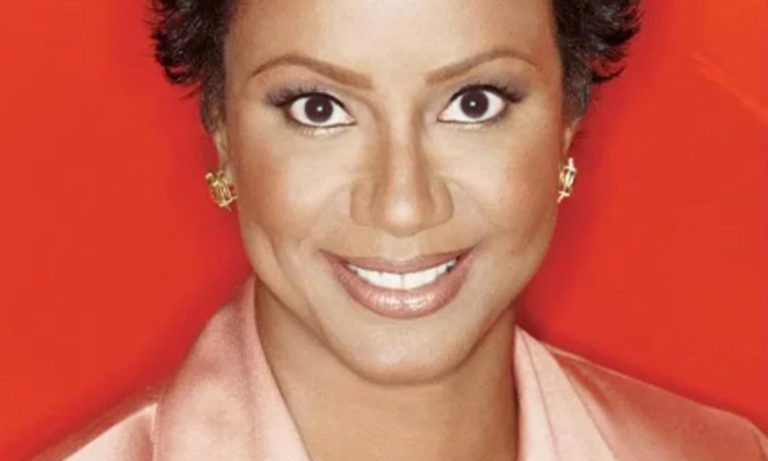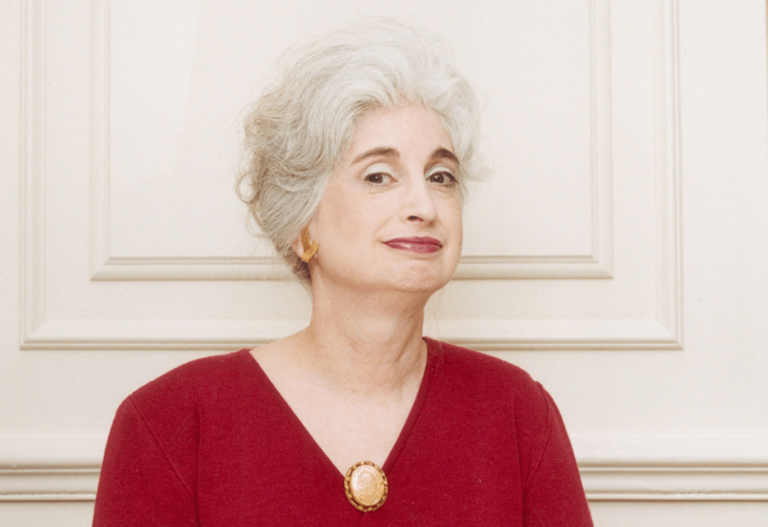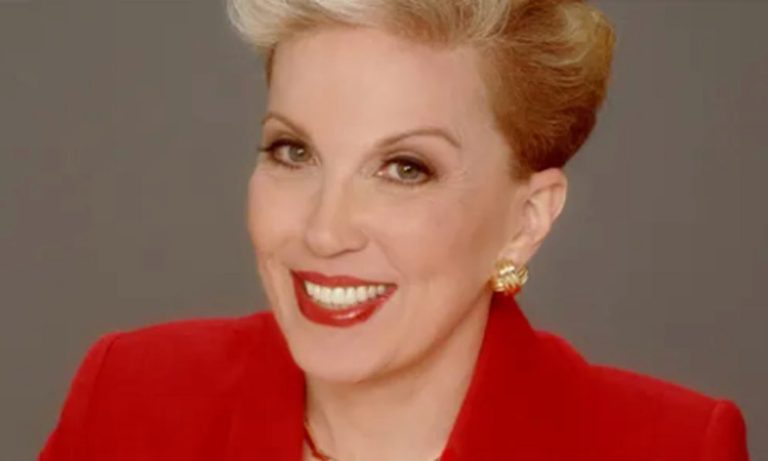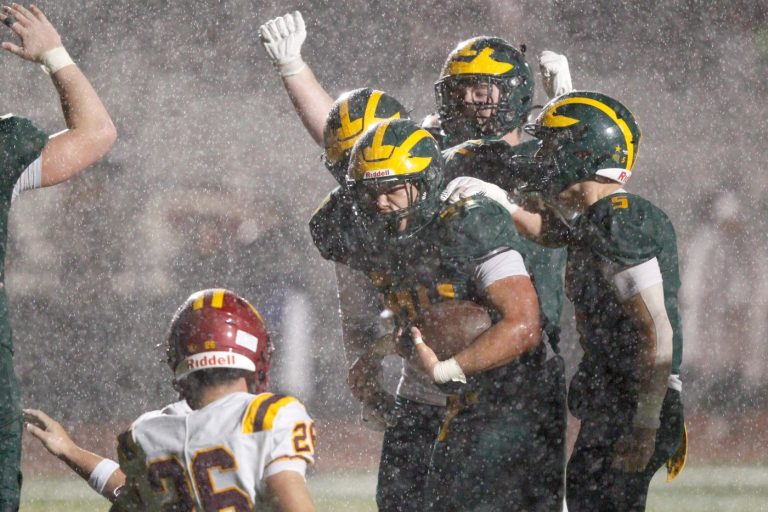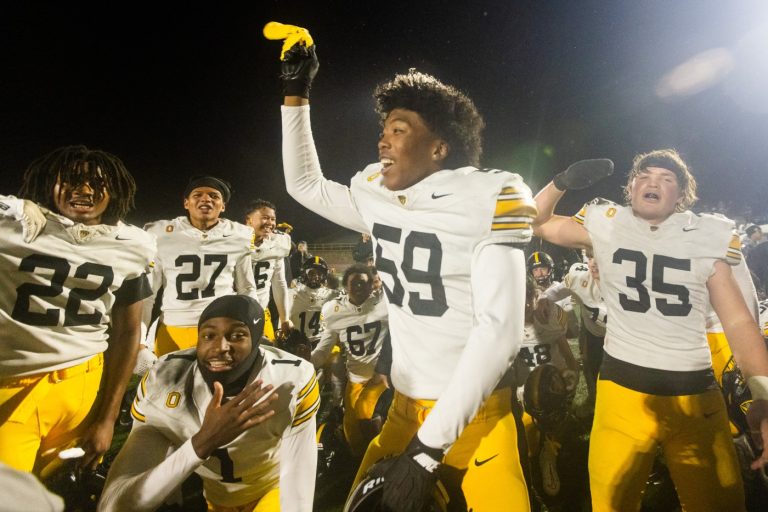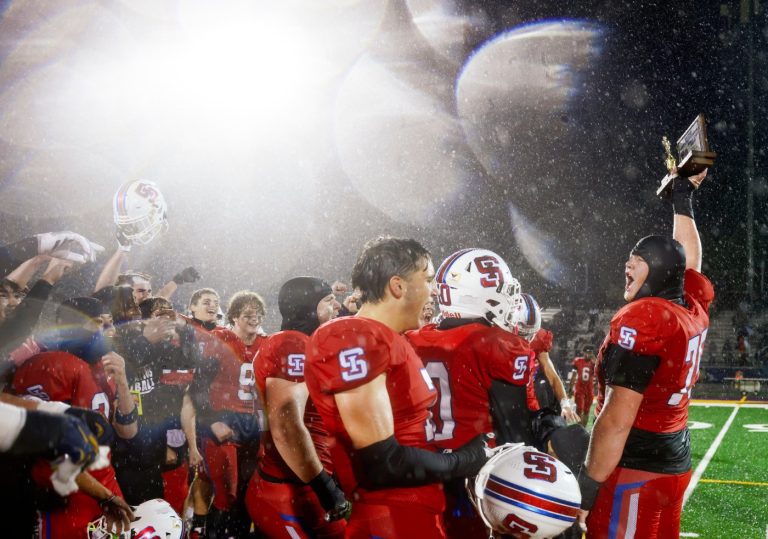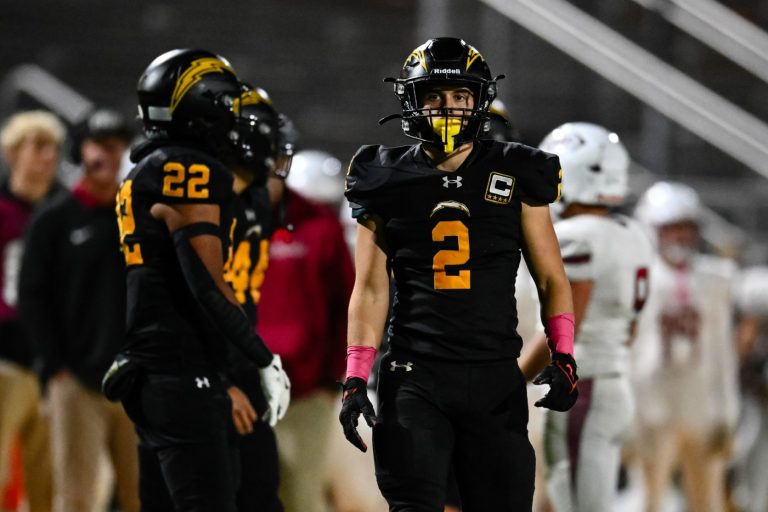Last week, in conjunction with the Democratic National Convention that nominated Vice President Kamala Harris as a successor to President Joe Biden, California Gov. Gavin Newsom sat down for a podcast interview to discuss what had just happened.
“How are you feeling about the switch,” Jon Favreau, the “Pod Save America” host and former White House speechwriter asked Newsom.
The tone of Newsom’s voice changed from jocular to staccato as he replied, “Now we went through a very open process, a very inclusive process. It was bottom-up, I don’t know if you know that. That’s what I’ve been told to say.”
It may have just been a throwaway quip, or perhaps it was a bitter lament that his party quickly and undemocratically anointed Harris without giving anyone else a chance.
Newsom had been one of Biden’s staunchest defenders while others in the party demanded that Biden step away.
While the governor had often expressed “sub-zero interest” in running for president, he was doing all the things that a presidential aspirant would be doing, and it paid off with a flurry national political media attention.
Many pundits speculated that while stoutly defending Biden — especially in post-debate kibitzing with reporters — Newsom wanted to be considered as a replacement should the president drop out.
During the convention that ratified Harris as the party nominee many other Democratic figures were given opportunities to address the delegates — a time-honored way for ambitious politicians to gain televised exposure to millions of voters.
Newsom was not on the speakers list, however, and we’ll never know whether he wasn’t invited or didn’t seek a slot. His only time in the spotlight was announcing the California delegation’s unanimous support for Harris during the mock roll call, continuing the hoary tradition of a nominee’s home state providing the decisive vote.
It would be understandable if Newsom, as his comments imply, is miffed that Harris was anointed without having to run the gauntlet. Harris has lived a charmed political life, moving from office to office and now winning the presidential nomination without proving herself in a truly contested political duel.
The only time she tried to do so was in 2020, when she briefly ran for president and quickly stumbled out of consideration, only to be chosen by Biden as his running mate.
Newsom could argue that as governor of the nation’s most populous and most complex state, he would be better qualified than Harris. But he never got the chance.
So where does Newsom go from here?
He has spent exactly half of his 56 years patiently climbing the political ladder, beginning in 1996 when Willie Brown, then the mayor of San Francisco and mentor to both Harris and Newsom, appointed him to the city’s Parking and Traffic Commission.
From that start, he won a seat on San Francisco’s Board of Supervisors, later became mayor and was poised to run for governor in 2010 when former Gov. Jerry Brown, Newsom’s quasi-uncle from decades of family interconnection, shouldered him aside.
Newsom spent eight years as Brown’s lieutenant governor, California’s least visible statewide office, before finally running for governor in 2018.
Related Articles
They said it: Journo pans deal to save news jobs
Walters: California corporate tax battle affects billions Newsom needs to balance budget
Editorial: California Medi-Cal measure locks in special-interest funding
Walters: California politicians scramble to respond to inflation
Walters: Once California’s biggest political issue, crime makes a comeback
Maybe Newsom would be content to complete the final 28 months of his governorship and return to peddling wine. But having invested half his life in politics, that seems unlikely.
A cabinet position in a Harris administration? An ambassadorship? Somehow those options don’t compute for a man with an outsized ego.
If he really wants to be president, his only realistic chance would be 2028, but then only if Harris loses this year. However, were she to lose, there would be a multi-player scramble inside the party — including some of those who did have a speaking slot at the convention.
Dan Walters is a CalMatters columnist.
